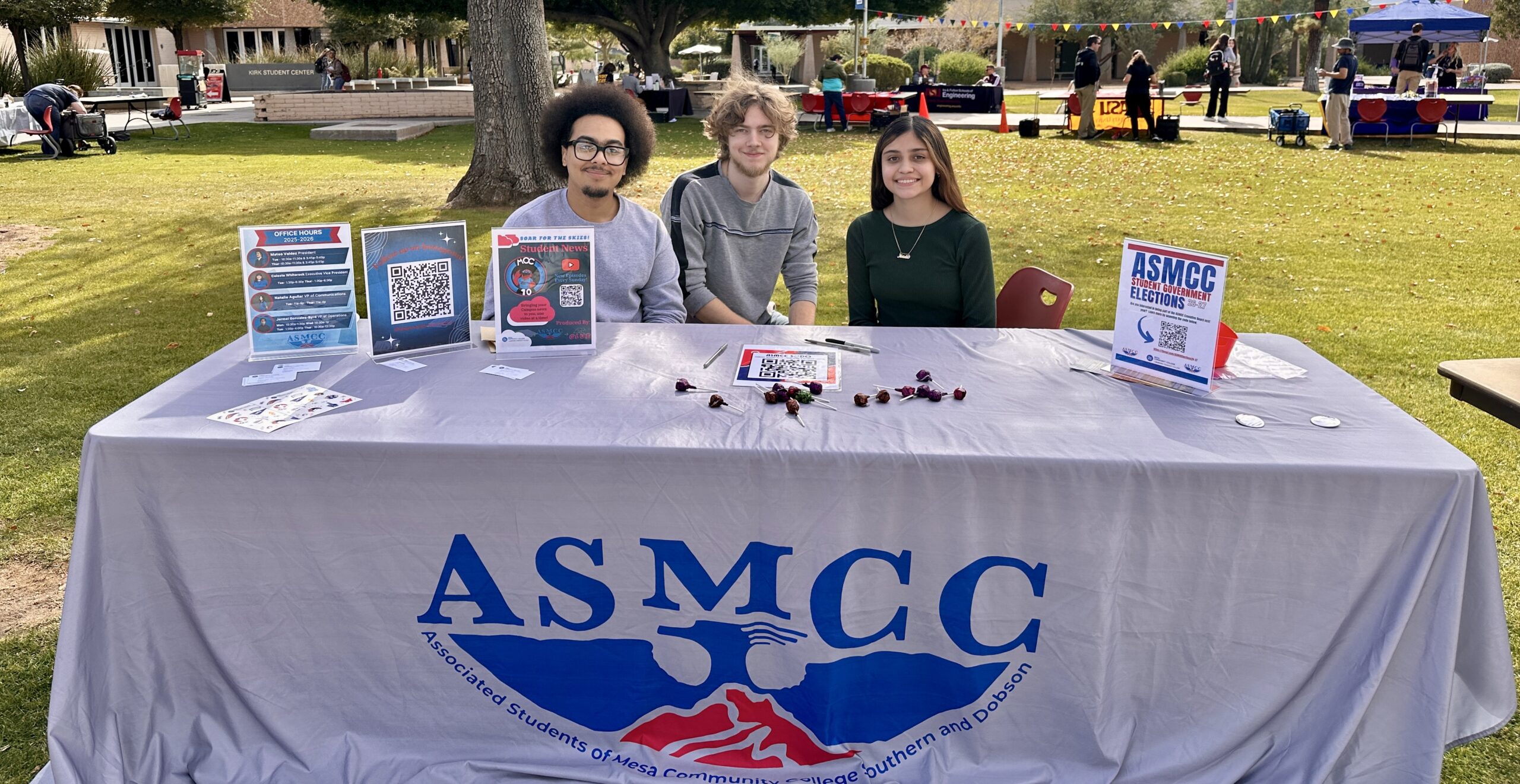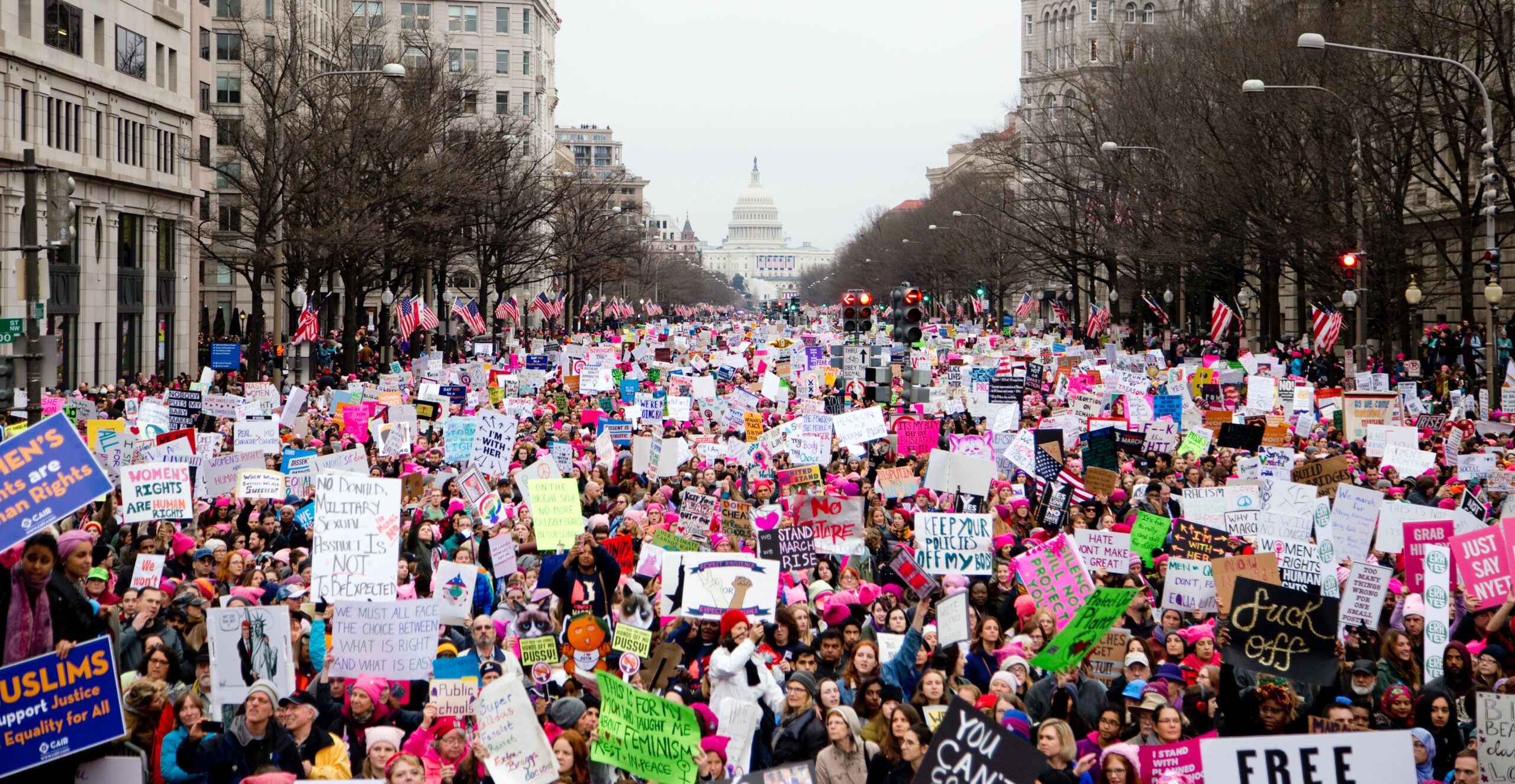A nationwide march against new Texas abortion ban will make its way to Mesa
Over 300 expected participants will march for reproductive freedom in downtown Mesa on Saturday, Oct. 2, in response to a recent Texas abortion ruling.
The ruling was signed by Gov. Greg Abbott in May and enacted in September. It bans abortions with a gestational period of more than six weeks, citing first detected heartbeat as a cut-off point.
The nationwide march was strategically planned the weekend before the Supreme Court returns to the bench to resume hearing arguments on Monday, Oct. 4.
Women’s March, a women-led movement that focuses on issues that impact women and marginalized people, announced it would be hosting marches across the United States to stand in solidarity with Roe v. Wade. The movement said in a statement that “we must mobilize and defend our reproductive rights.”
“The Oct. 2 march is really coming to the streets in support of our Texas sisters and allies, “ said Women’s March Association President Emiliana Guereca. “The law SB-8 — now SB-4 — that Governor Abbott has [enacted] is a direct attack on women’s rights to choose, and so we need to make sure that we stand in solidarity with women across the country and say that we unequivocally reject this from Texas.”
There are 620 actions scheduled with 40,000 people expected to participate across America. Many of the larger U.S. cities are slated to have a substantial turn-out. Phoenix, one of 10 events scheduled in Arizona, is expected to be one of the largest rallies in the country.
Sara Hunemuller, the host of Mesa’s march, decided to host in Mesa instead of joining the rally in Phoenix.
“I feel like Mesa a lot of times is lumped in as a really conservative part of town,” Hunemuller said, “So I wanted to show that Mesa is a town that will support safe abortions.”
“Realistically speaking, it’s personal. A women’s right to choose is just that…a women’s right to choose, and when you have a governor that does not think that Roe v. Wade is settled law, we have an issue here,” Guereca said. “We need to make sure that we take to the streets and not back down on this because we are going to be back [in] the 1950s with this.”
The concern is that the ban in Texas will become a precedent that many other states will follow, putting the verdict of Roe v. Wade into question. The decision could potentially affect multiple other marginalized communities and impact other landmark cases.
“I think the biggest thing is trying to keep this from affecting other rights. I think that the second that happens, there [are] other injustices that will start to have major issues as well, specifically for the black community and the already minority-repressed communities, like indigenous folks, transgendered folks and a lot of other people who already are suppressed by the system whose rights are going to be stripped away even more if that happens,” Hunemuller explained.
Beyond marching, there are also daily actions a concerned citizen could take, Guereca said, including writing letters to congressional representatives or reaching out to movements such as Women’s March to aid in direct action activities like post-carding or phone banking.
“There’s a lot of things that we can do because at the end of the day, these representatives work for us,” Guereca continued, “so we need to hold them accountable for not being representative of women’s rights.”
And as for the Oct. 2 nationwide march, Hunemuller said, “Share your message! Show up!”Go to https://womensmarch.com/ for more information.











